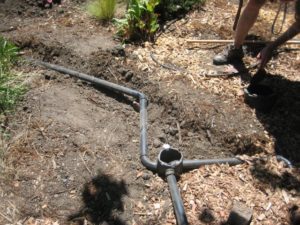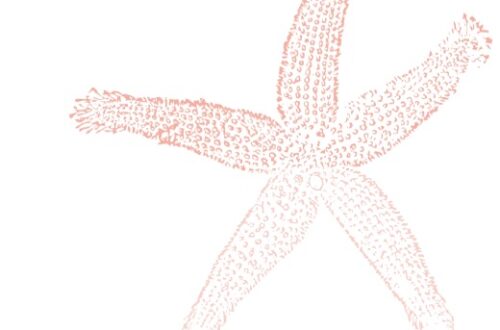Sorting your water bottles and soda cans into recyclable and non-recyclable isn’t enough to live completely green and cut down on waste. One of the most important recyclables is water. According to the Water Information Program, daily water consumption of an average American is about 176 gallons per day and the United States uses a staggering 3.9 trillion gallons of water per month. Global wastewater programs are working to create efficient ways cities and towns can repurpose water. You can do your part by recycling lightly-used household water to reduce the amount you use every day.
Reusing Grey Water At Home
Recycling companies, such as recycling services from republicservices.com, are developing wastewater-recycling programs for various cities for the water you can’t recycle yourself. Taking advantage of these services can help you decide what to do with your water and how to recycle it.

According to hipages.com.au, the three main types of wastewater generated by an average home are grey water (sinks, showers, laundry, etc.), black water (toilet waste) and sewage (combination of both). All of these can be recycled to a certain extent. Grey water is the easiest for “do-it-yourself” recycling and, according to the EPA, can be used for up to 50 percent of a location’s water needs when used for watering plants and landscaping. Besides landscaping, grey water from kitchens or bathroom sinks and showers, can be reused for other purposes like watering plants, washing machines or refilling your toilet.
It is not recommended to use grey water on vegetable or edible plants, but using for trees and flower beds is fine. You can collect grey water in buckets to carry out to your garden or siphon with a garden hose from your bathroom or kitchen. Having your household plumbing altered to redirect outside is the most efficient way to reuse grey water, but have your house inspected after to ensure no sanitary codes are violated.
Besides kitchens and bathrooms, the laundry room uses massive amounts of water, especially with a large family and multiple laundry loads. Washing machines can use up to 40 gallons each use. How many Saturdays have you spent doing five or six loads? EHow suggests a way to redirect your used laundry water for watering plants and reuse in other household tasks. Connect a hose to the copper drain pipe behind your washing machine and lead it into a large trash can (make sure it’s big enough to not overflow) to collect the water for later use.
Don’t Waste Wastewater
 The repurposing of water is developing into a national initiative. While utilizing some lightly-used water for gardening or household uses is a great way to recycle, Recycling programs with treatment technologies can filter the water and eliminate harmful contaminants and waste. This reuses water that otherwise would be unsuitable for any other use. Wastewater treatment is a rapidly developing method and research is making it more efficient. Contact your city or recycling company to find out about their wastewater programs and how you can get involved.
The repurposing of water is developing into a national initiative. While utilizing some lightly-used water for gardening or household uses is a great way to recycle, Recycling programs with treatment technologies can filter the water and eliminate harmful contaminants and waste. This reuses water that otherwise would be unsuitable for any other use. Wastewater treatment is a rapidly developing method and research is making it more efficient. Contact your city or recycling company to find out about their wastewater programs and how you can get involved.
According to National Geographic, water is a naturally reusable resource because of evaporation and rain but only 3 percent of the earth’s water is suitable for drinking. Water is most commonly reused for landscaping irrigation, industrial process water or cooling water for power plants and oil refineries, but advancements in research are working toward creating a safe way to recycle water for drinking. According to the Environmental Protection Agency (EPA), so far there is no recorded instance of sickness or harm to anyone after drinking recycled water that has been treated.
Onsite Treatment
Water recycling can be “unplanned” when a city or facility uses water from rivers or lakes, because treatment plants can recycle water and put it back into the streams for reuse. In other cases, water is recycled onsite. According to Presby Environmental, onsite treatment is more beneficial than centralized systems (such as treatment plants) due to elimination of transportation (fewer sewage pipes), faster planning and implementation, and easy integration into recharging groundwater and watershed management.
The EPA says recycling water is not only cost-efficient and saves energy and water, it also benefits other aspects of the environment. It decreases pollution and discharge and dumping into freshwater and oceans. This protects marine life and endangered species. The EPA also reported wastewater recycling and reuse can be utilized to maintain riparian habitats and wetlands.
“By providing an additional source of water, water recycling can help us find ways to decrease the diversion of water from sensitive ecosystems,” The EPA reported.
Guest Blog by Darnell George: Darnell grew up in New York and has an appreciation for gourmet cuisine. He loves writing almost as much as he loves eating.





One Comment
Doyle
Very cool giving us valuable pointers! All good ideas worth considering.
Many thanks – Going back next week. Cheers!